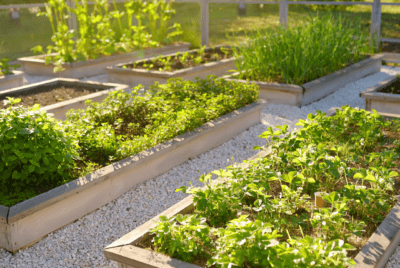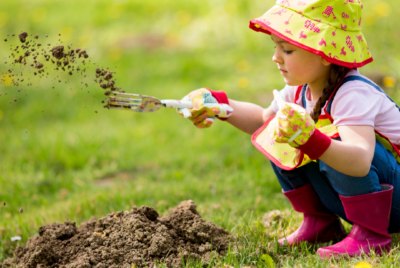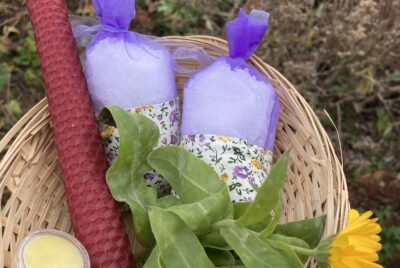RESEARCH
The Role of Nature in Cancer Patients’ Lives: A Systematic Review and Qualitative Meta-Synthesis
Summary
This systematic review and qualitative meta-synthesis explores the role of nature in the lives of cancer patients. Recognizing the increasing global burden of cancer and the need for cost-effective supportive care, the study aimed to synthesize existing qualitative literature to understand how nature supports or detracts from patients’ recovery and whether they value these opportunities. The methodology involved a comprehensive electronic search across databases like Medline, CINAHL, PsycINFO, and Cochrane, identifying qualitative studies published between 1985 and 2015. After rigorous screening and quality appraisal using criteria like the COREQ guidelines, eleven eligible publications were included. Data from these studies, including participant quotes and author interpretations, were extracted and analyzed using inductive coding and constant comparison to identify recurring themes.
The meta-synthesis identified seven core themes describing the multifaceted ways nature impacts cancer patients. These themes included connecting with valued aspects (self, others, nature, past), gaining distance from the clinical experience (being elsewhere), exploring inner and outer life changes, finding nature to be a “home and safe” place, using nature’s symbolism for understanding and communication, benefitting from physical activity in nature, and experiencing aesthetic enrichment. The findings suggest that nature functions as a “secure base,” offering patients physical and psychic space with personal significance, supporting them in navigating the consequences of cancer by providing new perspectives and fostering connections. The study concludes that acknowledging these patient values can inform supportive care and the design of clinical environment.







